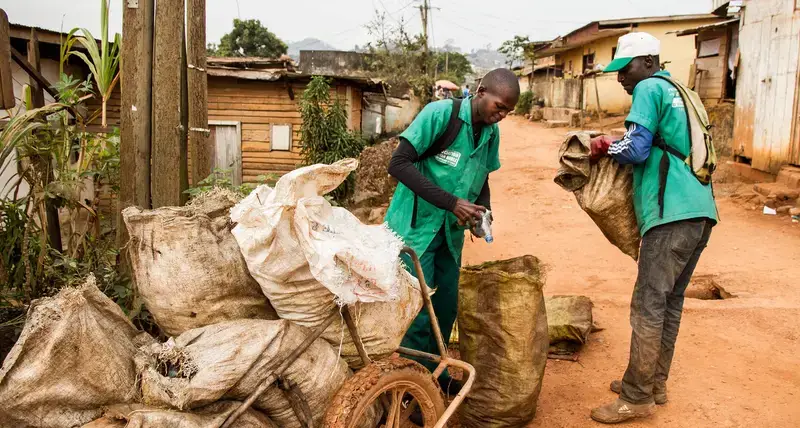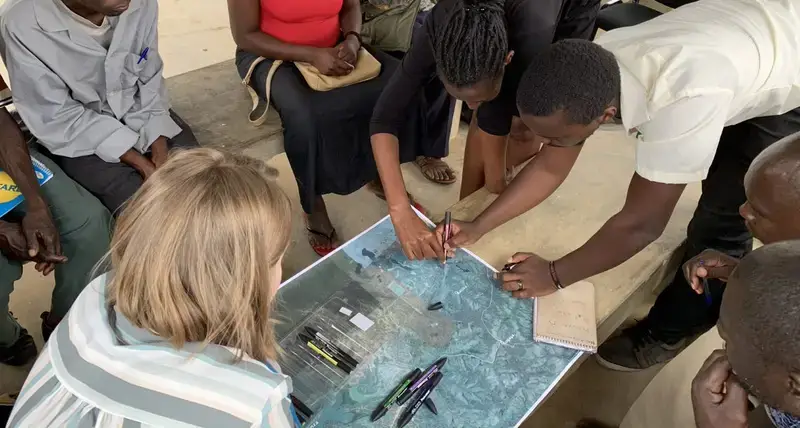UN-Habitat has been facilitating national government, city authorities and people in Bangladesh to reduce inequality, promote living standards of urban poor communities to achieve SDGs and implementing New Urban Agenda. UN-Habitat’s technical assistance in Bangladesh includes climate change interventions, capacity building in urban planning and management, slum upgrading and urban poverty reduction, promoting urban public spaces and city governance, supporting humanitarian actions mainly settlement planning under refugee response programme. Partnerships are with universities, professional associations, government departments such as Bangladesh Institute of planners, Urban Development Directorate organizing advocacy and knowledge sharing initiatives such as Bangladesh Urban Thinkers Campus.
Country: Overview
Country: Overview
Country: Overview
Impact
Country: Impact and Urban Numbers
National Workshop on Mainstreaming Climate Change into National Urban Policy
A public space inventory for Khulna and a participatory design developed for the improvement of Khulna Solar Park
Over 800,000 urban poor households were supported to gain urban basic services through community empowerment over five years
Urban numbers
Country: Impact and Urban Numbers
Although urban poverty tends to decline over the last five years it remains high as 18.9 percent.
Projected housing deficit in urban areas by 2030 is 8.5 million.
Three metropolitan areas, Dhaka, Chittagong and Khulna account for about 54% of the total urban population of the country.
Challenges
Bangladesh has a fast growing and rapidly urbanizing population and it is expected that current urban population of 62 million will be doubled by 2035. Country is experiencing increasing climate migrants to Dhaka and to other big cities. This trend will have a remarkable positive impact in cities in terms of economic contribution if cities are planned and managed.
Urban poverty remains major challenge in many cities leading increasing slum and underserved settlements, increasing a wide range of substandard, overcrowded and unhealthy housing conditions in many large cities. Road traffic congestion in cities continues to remain a major challenge resulting in enormous socioeconomic losses.
Bangladesh is sheltering more than a million Myanmar refugees in camps in Cox’s Bazaar which is a major humanitarian crisis in the recent past. This has changed entire landscape of the Cox’s Bazar district in terms environment, social and economic conditions. Settlement planning in the refugee camps as well as updating territorial plans are key priority areas to address the needs.
Donors and partners
In Bangladesh, the Urban Development Directorate under the Ministry of Housing and Public Works is the Government focal Ministry to UN-Habitat. Urban Development Directorate hosts the UN-Habitat Office in Bangladesh. UN-Habitat has been a is a member of the United Nations Country Team and active member of hosing cluster in the Bangladesh Urban Forum., UN-Habitat in Bangladesh has closely interacting with local authorities and academia and NGOs.



